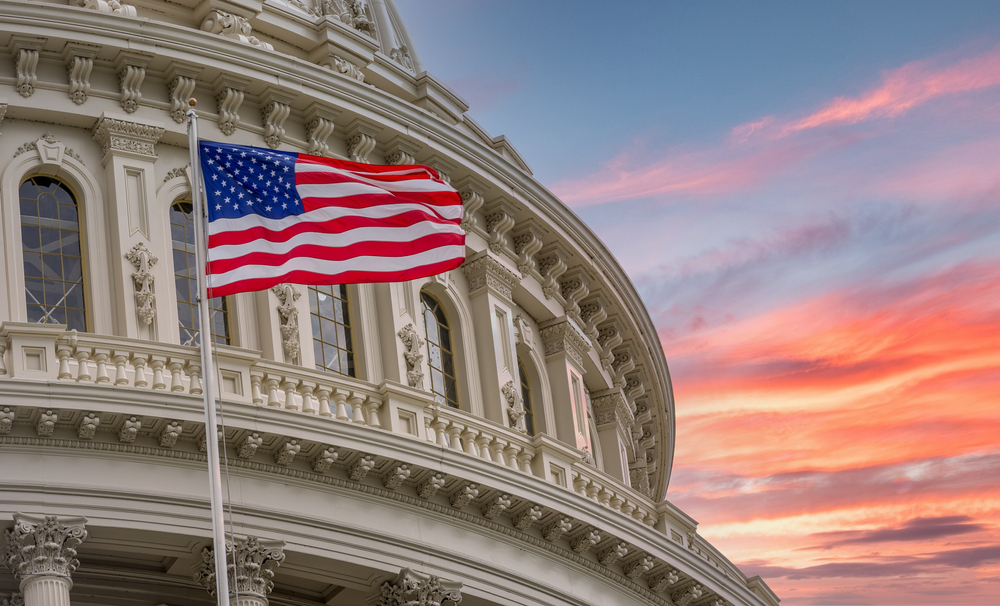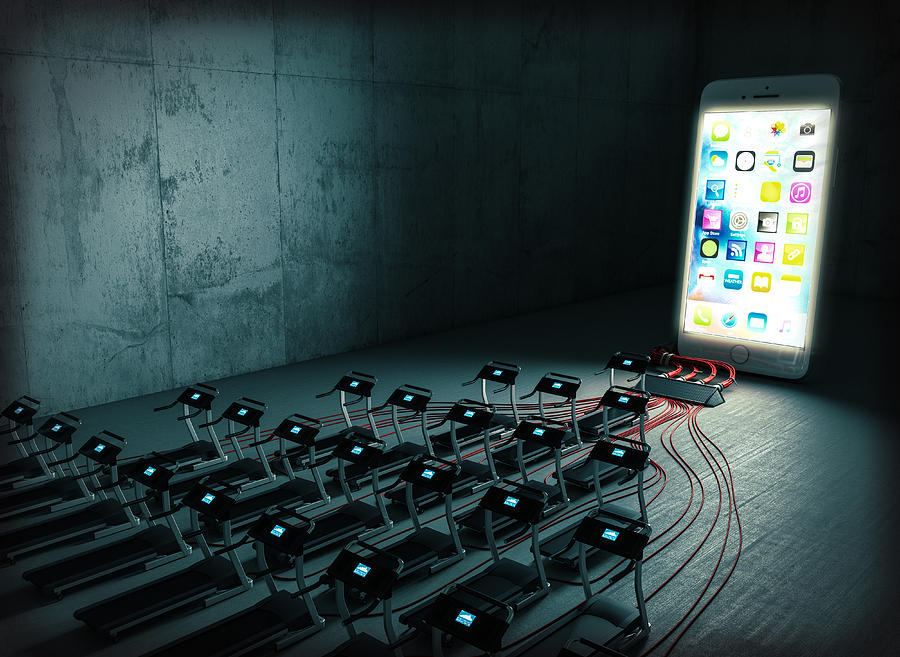Individuals across the country have more and more of their lives tied to technology, hence the issue of online privacy continues to be one of high relevance. Different political climates as well as matters of national security have often been used as reasons behind mass surveillance and data-mining that is continued to be pushed by the national government.
The 9/11 Terrorist Attacks brought the concept of national security to the limelight in which the U.S. government reacted by creating and implementing the Total Information Awareness program. The Bush administration was the driving force in this task as they were pushed for the incorporation of this system across all government agencies. The Total Information Awareness program makes it so one's information is shared and analyzed across various databases which may then profile potential threats. It is important to note that the information that is being accessed includes private information in addition to public information.
Although at the time, Total Information Awareness was introduced as a means of national protection, it is now clear that there were other underlying intentions as it has lead to issues of violating one's right to privacy. Total Information Awareness was established created 2002 and since that year it has been on an upward trajectory in the creation of manners the government is able to track everything it is doing.It is widely known that almost all of one's actions via technology and online are being tracked, whether by the government or by companies such as Google.When comparing the Total Information Awareness, to the fourth amendment of the constitution it is clear this is not constitutional as the program allows, "warrantless surveillance", which raises additional concern as to how the premise of this program is still very much an issue today.



















